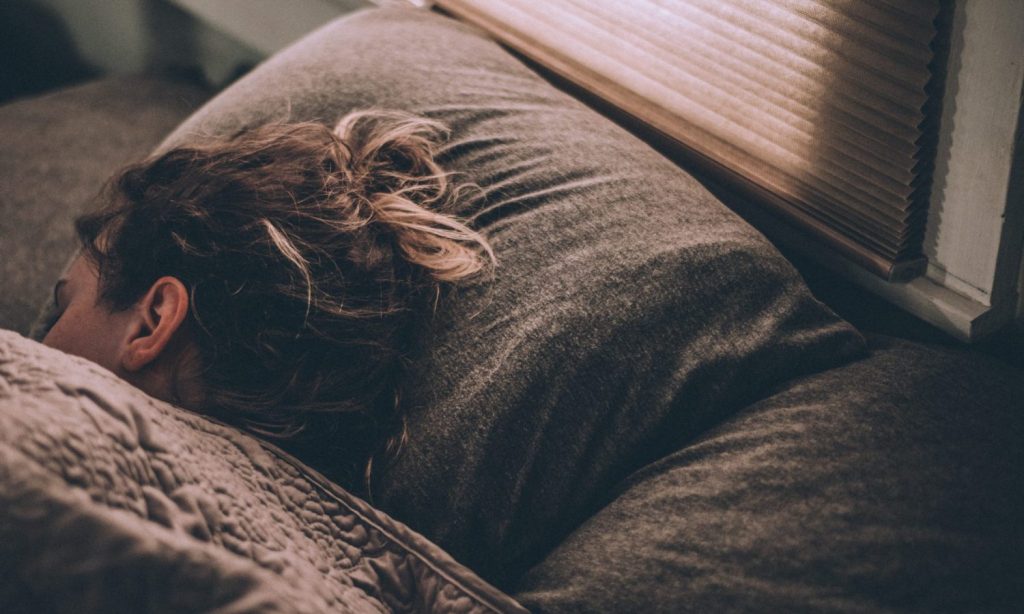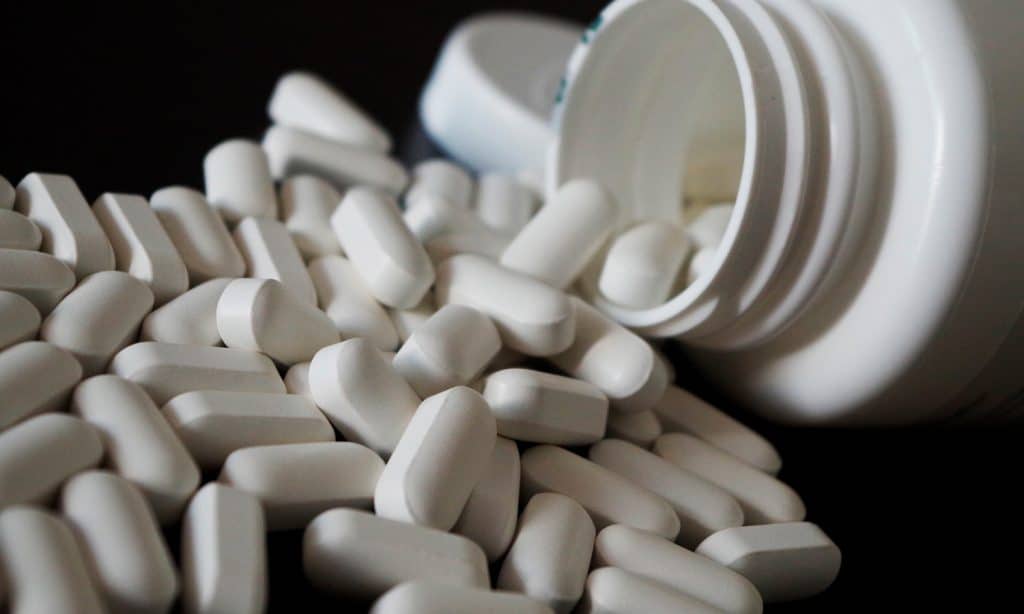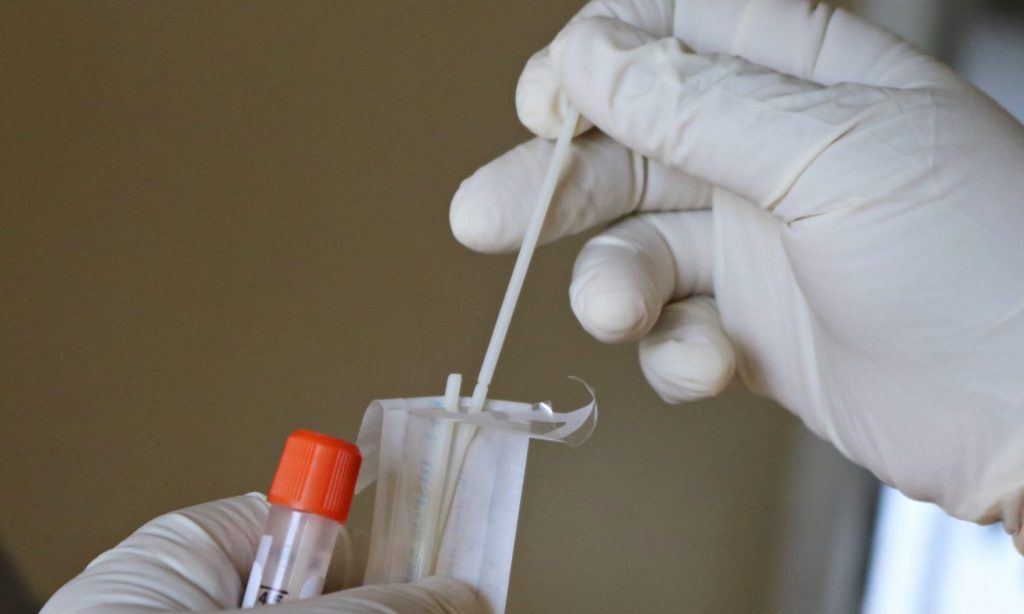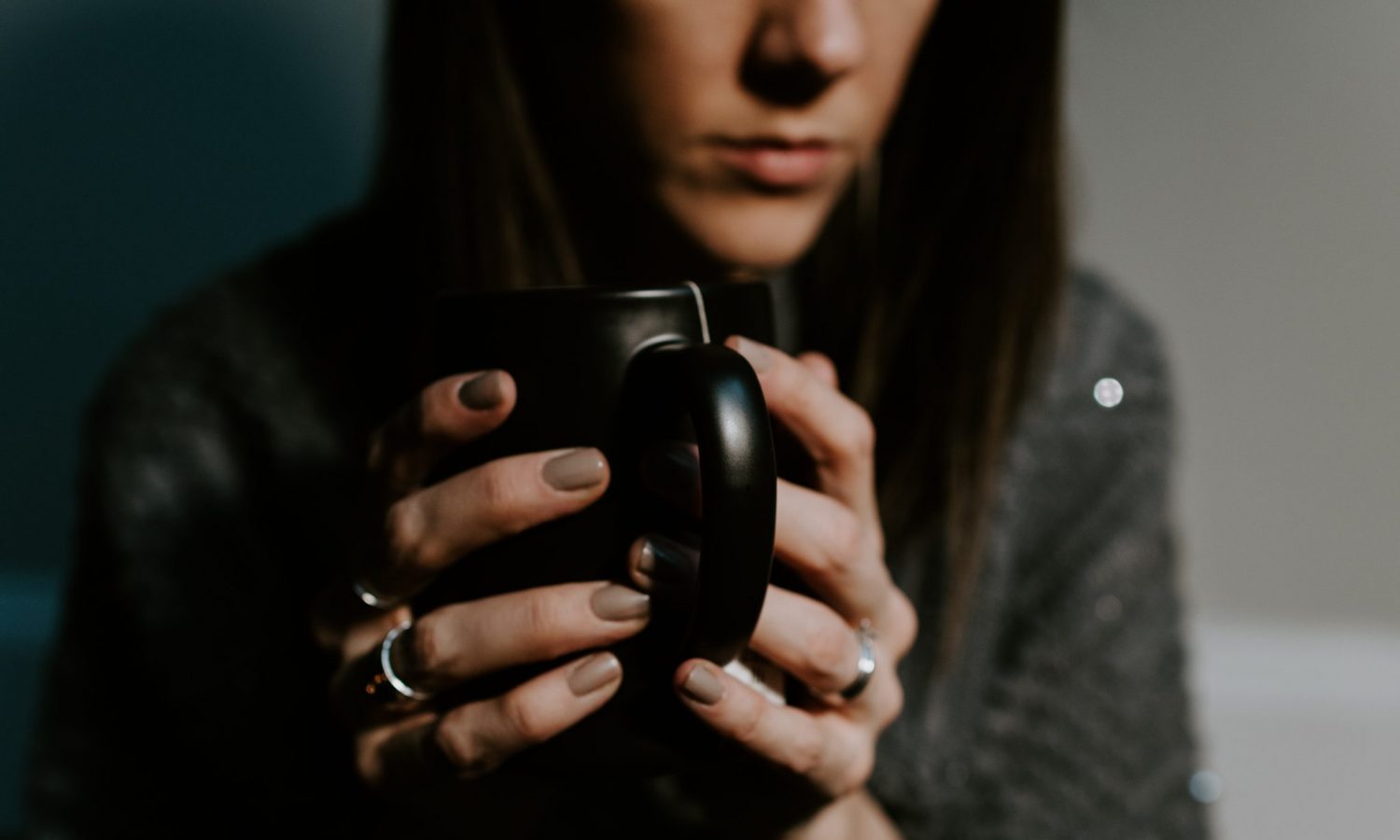Summer colds are incredibly annoying, but nothing to panic about. Here’s how to treat them.
Colds are more common during the winter, but they also happen in the summer, when they’re particularly terrible. Summer colds are usually associated with different viruses than the ones we experience during the winter. Still, there’s no need to panic, since colds can be easily treated and made better with the help of a few resources.
These colds are usually caused by the enterovirus, which thrives in hot weather. Here’s how you can prevent and treat a summer cold:
Wash your hands often

Washing your hands is a good way to avoid viruses in general, especially if you’re going out to places and are entering in contact with people and different places. All of the pandemic rules apply: wash your hands for over 20 seconds using soap and water. In the absence of that, use hand sanitizer.
Prioritize sleep

RELATED: Is It COVID-19, Allergies Or The Flu? Here’s How To Tell
Sleeping is important for recovering from any virus or illness. In order to get your necessary rest, make sure to sleep 7 to 9 hours a night and to nap when your body asks for it. Sleep keeps your immune system functioning properly, helping it fight off any incoming infection.
Drink lots of water

Infections and hot weather make it more likely for your body to dehydrate quickly. If you’re experiencing a fever, it’s even more important to stay hydrated, since these symptoms can drain your body of fluids very rapidly.
Humidifiers and OTC medicines can help a lot

RELATED: Tired All The Time? Here’s What Might Be Happening
Humidifiers are super useful for getting relieving coughing and a stuffy nose. They can help you sleep better and thus recover more quickly. When it comes to over the counter medicines, these can help you cope with your symptoms, providing some temporary relief as your body fights off the infection on its own.
Make sure it’s not COVID-19

Lastly, it’s very important to get a COVID-19 test if experiencing cold-like symptoms, since you should take extra precautions in order to avoid exposing others. Monitor your symptoms, keeping an eye on fever, chills and difficulty breathing. If you have doubts, get tested at your nearest health center, avoiding exposing others and complications from the disease.


